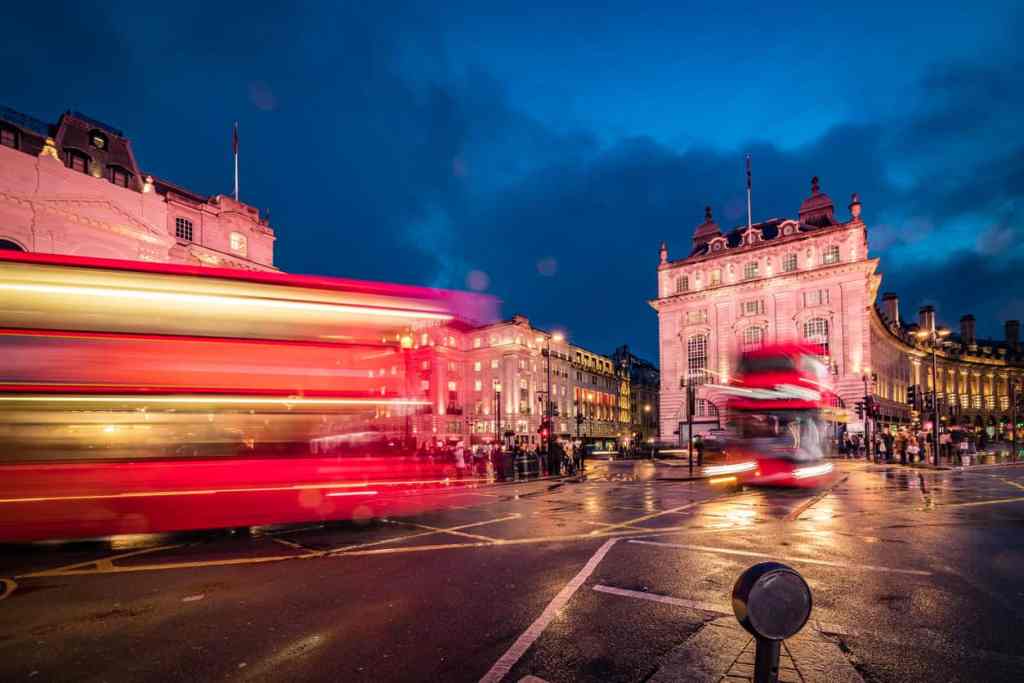This blog has been kindly contributed by Dr Diana Beech, Chief Executive Officer of London Higher and London Higher Chair (@dianajbeech) and Professor Amanda Broderick, Vice-Chancellor and President of the University of East London (@ProfBroderick). With a membership of over 40 universities and higher education colleges, London Higher is the representative body for the UK’s largest regional higher education powerhouse situated in London.
Speaking at the London Climate Summit on 28 October 2021, Mayor of London Sadiq Khan reiterated the ambition to make London the world’s first carbon-neutral city of its size by 2030. Achieving this goal requires partnership and the will of institutions across the capital to play their part in creating a cleaner and greener future.
While the COP26 conference, currently taking place in Glasgow, is sending a clear message to world leaders of the need to take better care of our planet, the Mayor of London used the preceding London Climate Summit to remind us not to lose sight of what the green agenda means on the local level, and to recognise the benefits that tackling climate change can have for local people in communities closer to home too.
As institutions with local roots and global reach, London’s universities and higher education colleges are well-placed to contribute to both agendas in one fell swoop – from advancing the world-leading research needed to tackle the global grand challenges to creating cleaner and healthier local spaces for students, staff and the communities around them.
With London being the UK’s capital city, as well as one of nearly 100 global megacities in the C40 collaborating to deliver the urgent action needed to confront the emerging climate crisis, there has always been an unwritten expectation on the capital’s higher education and innovation sector to deploy its scientific and research potential to help the UK and the wider world adopt more sustainable ways of living. What is lesser acknowledged, however, is the immediate benefits that this research can have on the health and wellbeing of people in their immediate vicinity.
At the end of the day, London’s universities are local universities too, and the millions of residents living close to the capital’s campuses are often first in line to realise the benefits of the myriad sustainability efforts being undertaken as part of universities’ environmental missions – from enhancing biodiversity on university estates to cutting emissions and waste in local spaces.
The University of East London (UEL) is committed to becoming a net zero carbon campus by 2030, and is just one example of a higher education institution in the capital working to enhance positive impacts on its local community. Having partnered with Siemens to help reduce and offset the amount of greenhouse gas emitted on campus, UEL is markedly improving the local environment for residents in its home borough of Newham.
Further to this, the University’s ARENA project – Advancing Resource Efficiency and Urban Ecology Innovations – is supporting London-based start-ups, spin-outs and small- and medium-sized enterprises (SMEs) to develop and commercialise ideas in the areas of resource efficiency, urban green infrastructure and nature-based solutions for urban resilience, thereby supporting the Mayor of London’s aspiration to create a low-carbon city in harmony with the local, natural environment.
But, of course, UEL is just one example among London Higher’s vast membership of over 40 universities and higher education colleges across the capital, so the collective potential of London’s universities to add green benefits locally as well as nationally is immense.

A report released today by London Higher captures just some of the green activities being undertaken by our diverse membership which hold benefits for local Londoners and global citizens alike, from The University of Greenwich and the delivery of a new Biodiversity Action Plan and rolling out initiatives such as the ‘Hedgehog Friendly Campus’, to Kingston University London hosting a biodiversity action group, which is a vehicle for students, staff and local community volunteers to work on a range of projects with the aim of protecting biodiversity on and around the University’s campuses.
When it comes to the sustainability agenda, the Mayor of London and national policymakers should know they have a wealth of support in London’s higher education sector to help them achieve their green ambitions. At a time when the climate crisis can seem insurmountable, it is heartening to see the progress being made by institutions in green leadership and research across the city There is much work ahead, but together we can work together to make a real difference
And with real-world change beginning at home, there is no need to look any further than to those world-leading institutions on our doorstep with local, national and international reach.
